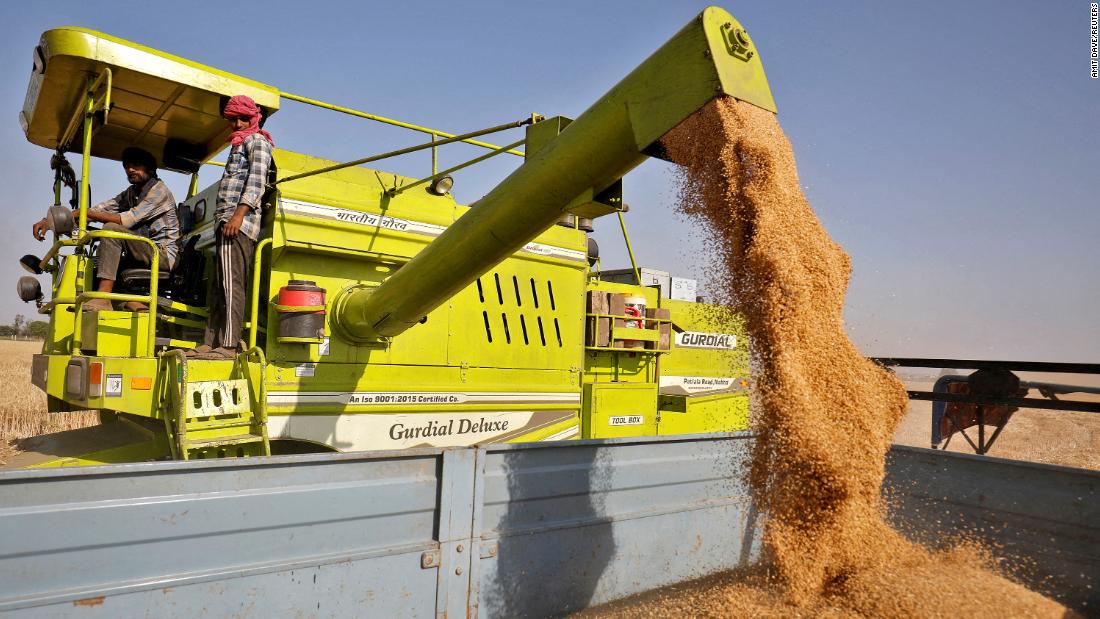Germany’s economy shrank for a second straight year in 2024, underlining the severity of the downturn facing Europe’s manufacturing powerhouse.
The Federal Statistics Office said on Wednesday that Europe’s largest economy contracted by 0.2 per cent last year, after shrinking by 0.3 per cent in 2023. Economists had expected a decline of 0.2 per cent.
“Germany is experiencing the longest stagnation of its postwar history by far,” said Timo Wollmershäuser, economist at Ifo, a Munich-based economic think-tank, adding that the country was also underperforming significantly in an international comparison.
Confirmation that Germany is suffering one of the most protracted economic crises in decades comes six weeks ahead of a crucial snap election.
Campaigning has been dominated by the spectre of deindustrialisation, crumbling infrastructure and whether or not the country should abandon a debt brake that constrains public spending.
Friedrich Merz, head of the centre-right Christian Democratic Union who is likely to be Germany’s next chancellor, is campaigning on a reform agenda, promising to cut red tape and taxes and dial back welfare benefits for people who are not working.
While private sector output contracted, government consumption rose sharply by 2.6 per cent compared with 2023.
Ruth Brand, president of the Federal Statistics Office, blamed “cyclical and structural pressures” for the poor performance, pointing to “increasing competition for the German export industry, high energy costs, an interest rate level that remains high and an uncertain economic outlook.”
In the three months to December, output fell by 0.1 per cent compared with the third quarter.
Robin Winkler, chief economist for Germany at Deutsche Bank, said the contraction in the fourth quarter came as a “surprise” and was “concerning”.
“If this is confirmed, the economy would have lost further momentum by the end of the year,” he said, suggesting this was probably driven by “political uncertainty in Berlin and Washington”.
The Bundesbank said last month that stagnation was set to continue this year, predicting growth of just 0.1 per cent and warning that a trade war with the US would trigger another year of economic contraction.
US president-elect Donald Trump has pledged to impose blanket tariffs of up to 20 per cent on all US imports.
Germany is struggling with a crisis in its automotive industry fuelled by Chinese competition and an expensive transition to electric cars, alongside high energy costs and tepid consumer demand.
Output in manufacturing contracted by 3 per cent, the statistics office said on Wednesday, while corporate investment fell by 2.8 per cent.
Germany has in effect seen no meaningful economic growth since the start of the pandemic, with industrial production hovering more than 10 per cent below its peak while unemployment has started to rise again after it fell to record lows.















/cdn.vox-cdn.com/uploads/chorus_asset/file/25832232/honor_magic_7_pro.jpg)









/cdn.vox-cdn.com/uploads/chorus_asset/file/25822586/STK169_ZUCKERBERG_MAGA_STKS491_CVIRGINIA_A.jpg)

/cdn.vox-cdn.com/uploads/chorus_asset/file/25821992/videoframe_720397.png)



